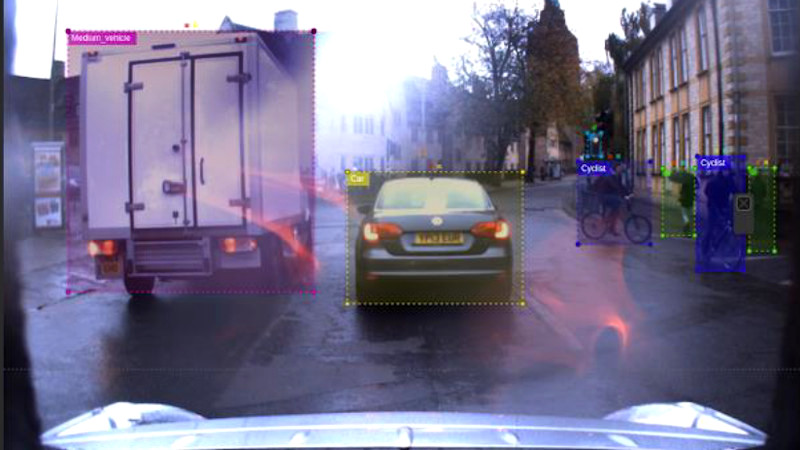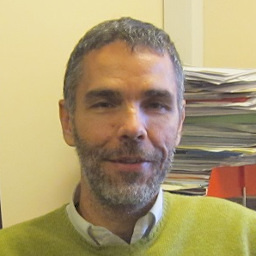Below you can find links to a number of resources generated by our research, including datasets and code.
ROAD is the ROad event Awareness Dataset for autonomous driving, released at the ROAD @ ICCV 2021 workshop.
Our ICCV'17 code on real-time action detection, the first online solution ever published.
The Continual Activity Recognition (CAR) dataset was released at the CSSL @ IJCAI 2021 workshop.
3D RetinaNet is our event detection approach, used as baseline for detection tasks in the ROAD dataset.
The Continual Crowd Counting (CCC) dataset was released at the CSSL @ IJCAI 2021 workshop.
Avalanche: the End-to-End Library for Continual Learning created by our partners ContinualAI.
The SARAS-MESAD dataset is a surgical action detection dataset released at MICCAI 2021 as part of the SARAS project.
Code for the BMVC 2018 paper 'Incremental Tube Construction for Human Action Detection'.











